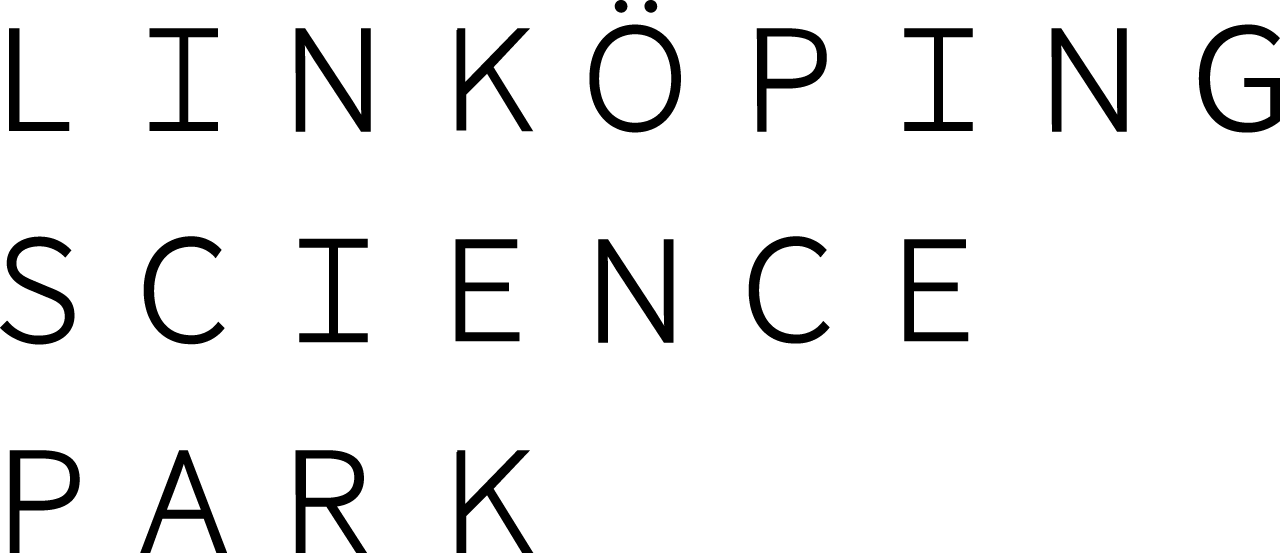When the government made Svante Axelsson national coordinator of the Fossil-Free Sweden initiative, he had three keywords to adhere to: visibilise, challenge and inspire.
“I like to say, rather provocatively, that I have the easiest job in Sweden. Living and working in this country, where everyone’s on the ball and wants to help Sweden become the world’s first fossil-free welfare country.”
Svante Axelsson is an agronomist and environmental economist. After 16 years as the secretary general of the
National Environmental Protection Agency, he is now in charge of bringing together 21 industries and inducing them, inducing the whole of Sweden in fact, to become fossil- free – of uniting people from companies big and small behind a shared vision and agenda.
Amongst the hundreds of members are pharmaceutical companies, transport operators, major foodstuff chains, power suppliers – and even petrochemical producers. Svante Axelsson describes the initiative as a community climate gym, where everyone can take part on their own terms and according to their ability.
Many people would probably consider this a mission im-possible, but Svante Axelsson is optimistic. And he certainly complies with the government directive to challenge, espe-cially when saying that “the big battle is about provoking people. Why? To make them realise that it isn’t that hard to join forces to become fossil-free.”
The initiative started some years ago and there’s no ques-tioning its success.
Svante tells of how the leaders of the biggest companies in the country are suddenly saying that their lives are feeling more meaningful. This is even something they openly admit. “We’ve been selling the same thing for decades, but just imagine if we can now help to create something huge. What if I become part of this, and we become the first company in the industry to be fossil-free?”
Meaningfulness is paramount. Not just for Svante Axelsson and Fossil-Free Sweden.
“To bring people together we need something greater in our sights. We have to explain why we do what we do. People don’t want to work themselves to death, get a house and dog, and join the rat race. They want genuine meaning.”
This is why Fossil-Free Sweden is giving corporate bosses and politicians training in story-telling. So they can tell others about what they do, how they do it, and why they do it – on their own terms and in their own language.
“You can stand there going on about curves and data till the cows come home. You’ll still never get inside people’s skin. I’d like to go to a class of 15-year-olds in Sweden and tell them that we adults have actually worked little, and not just lazed around. This is the Swedish story of how we’ll be one of the world’s first fossil-free welfare countries.
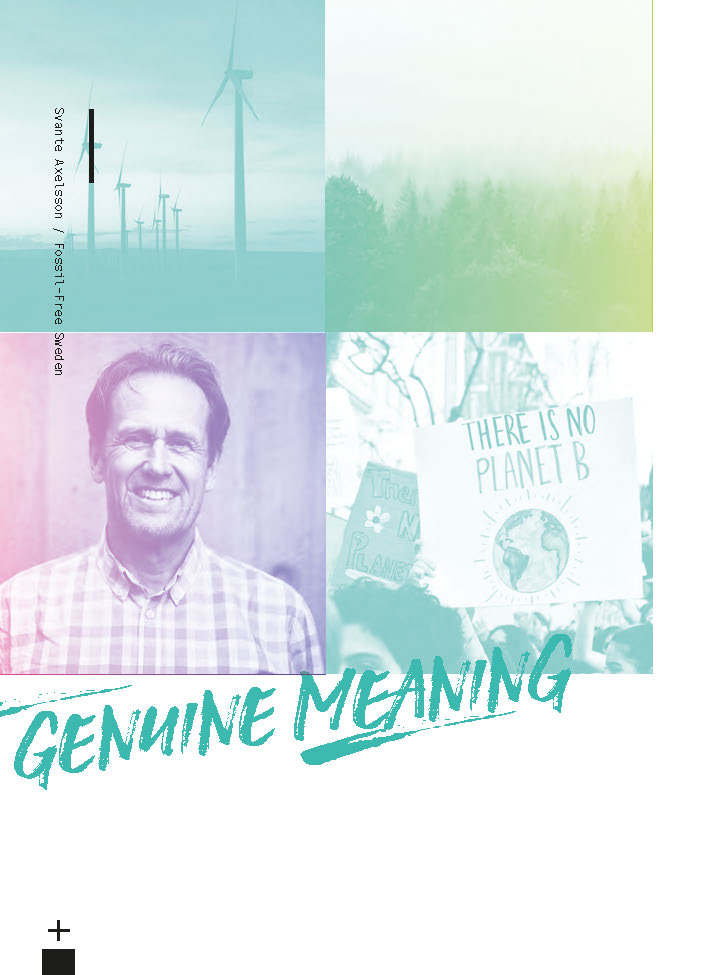
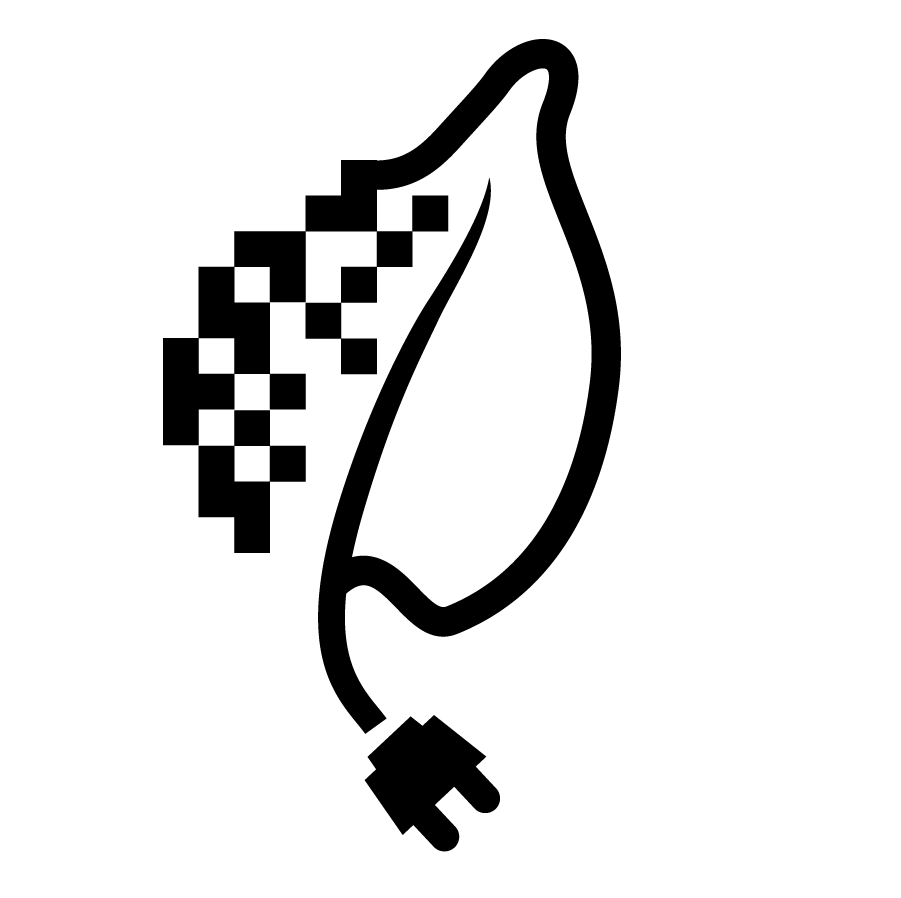
To leave it all behind and start afresh
Five years ago, Jean Zagonel and his wife decided to up sticks and move 10,000 km away to start a new life. She was going to write her doctoral thesis at Linköping University and he joined her to take a master’s in business administration.
“Tchao, Brazil. Hejsan, Sweden!”
Before they left they searched for useful information on Sweden. On social media and through friends, they tried to find someone who could tell them something about the country they were moving to.
They soon learnt at least that it was a good idea to layer up. But as they discovered on landing, it wasn’t just the clothes and the food that were different. The culture and the means of communication were also new to them.
“In Brazil, communication is more about interpersonal relationships,” says Jean Zagonel. “We focus more on the context and the collective best than on the words per se. In Sweden it’s more individualistic and to the point when we talk.”
He says the people who – like his wife – come to Sweden for work often get an instant context, a group of colleagues that help to guide them into Swedish society.
Jean Zagonel’s own ingress into Sweden was initially tougher. He had no job and no established network.
Until, that is, he met some of the hundreds of Brazilian families living in Linköping. “Events were arranged for us by another ex-pat at the university. But when he moved away that was it. There might be a few small groups that still meet up, but it’s not the same.”
The reason why the larger events stopped happening was the lack of a sufficiently strong force, a clear leader, able to bring together the Swedish-Brazilian families. There was no firebrand with the energy to propel the community forward.
But Jean Zagonel was fortunate. He was naturally curious about meeting people and learning new things. Motivations that opened society’s doors to him.
He attended events at and around the university and met interesting people. Then one day someone invited him home.
It wasn’t long before Jean was asked if he wanted to be on Linköping Science Park student board.
“That’s when things really started snowballing,” he says. “Thanks to that, I was noticed by a member of the university staff, who said that me being involved with the board meant that I was trustworthy. So even though the work I was doing was voluntary, it gave me a foot through the university door and now I’m permanently employed at a company here at the science park.”
Two tales from one seed
In effect, Svante Axelsson was tasked with starting a community. But how much would it have galvanised some of the biggest companies in the country to join the community Fossil-Free Sweden? And yet a community they have become, one that unites 21 industries on the route to unshackling Sweden from its fossil dependency – and that gives company directors an unusual feeling of meaningfulness in what they do.
For Jean Zagonel, it was the lack of a context that left him initially outside Swedish society. He had no idea where to find people who shared his values. It was not until he was invited onto the student board – and given his admission ticket to his first community – that Swedish society opened up for him.
So what is a community? And why can they be the key to our future nation?
Read more about how Linköping Science Park works with communities here, and download the whole book.
